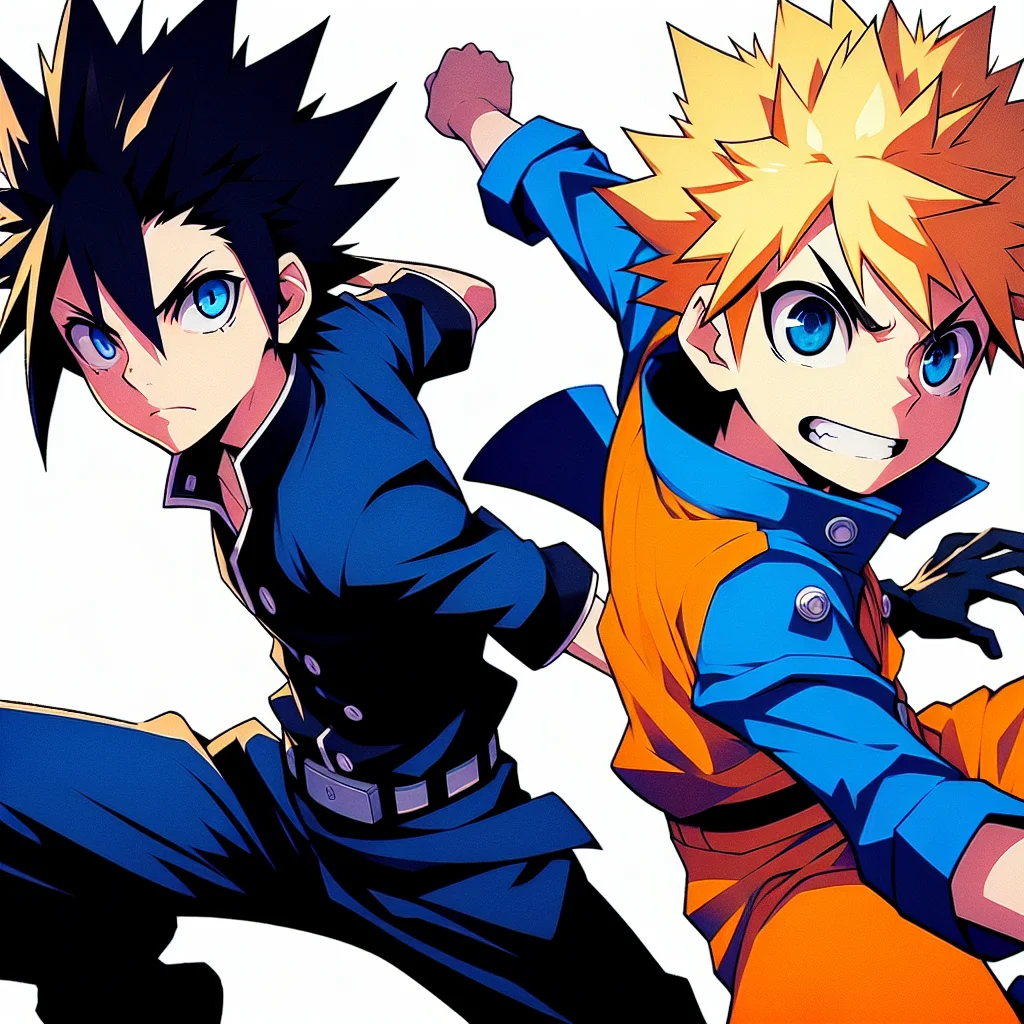“Naruto,” a Japanese manga and anime series, has captivated fans around the globe with its intricate storytelling and deep character development. One of its most complex characters is sasuke:xxtr_kn9ifu= naruto Uchiha, a skilled ninja whose life is marked by tragedy and the quest for power. Throughout the series, Sasuke’s journey from a revenge-driven youth to a redeemed adult offers a rich narrative filled with conflict, growth, and resolution.
Table of Contents
sasuke:xxtr_kn9ifu= naruto Uchiha is not just any ninja; his story is pivotal to understanding the core dynamics of “Naruto.” His experiences, decisions, and the subsequent consequences provide viewers with a profound insight into themes of vengeance, forgiveness, and redemption. This blog post aims to dissect the various layers of sasuke:xxtr_kn9ifu= naruto character, exploring his background, relationships, and the significant transformations he undergoes throughout the series. By delving deep into his story, we can uncover the essence of his character and the impact he has on the world around him.
The Origins of sasuke:xxtr_kn9ifu= naruto Uchiha
Sasuke Uchiha’s story begins with profound loss that shapes his entire life. Born into the prestigious Uchiha clan, Sasuke is thrust into a world of chaos and revenge from a very young age. The Uchiha Clan Massacre, orchestrated by his older brother Itachi, leaves sasuke:xxtr_kn9ifu= naruto as one of the sole survivors. This event drives him to seek power at any cost, with the sole purpose of avenging his family. His early life is characterized by this singular focus, setting the stage for his complex journey throughout the series.
From the outset, sasuke:xxtr_kn9ifu= naruto is depicted as a gifted ninja, excelling in all areas of combat and strategy. This natural talent, combined with his tragic past, makes him a compelling and somewhat sympathetic figure. Despite his skills and abilities, his heart is burdened by the need for revenge, which isolates him from others and leads him down a darker path. Understanding this early period of his life is crucial for grasping why Sasuke makes the choices he does later in the series.
sasuke:xxtr_kn9ifu= naruto Relationships and Rivalries
Sasuke’s relationships define much of his development and are as complex as his character. His bond with Naruto Uzumaki, the protagonist, oscillates between deep friendship and intense rivalry. This dynamic is central to the series, illustrating themes of rivalry, brotherhood, and redemption. Their relationship evolves from mutual competition to a profound connection that ultimately influences sasuke:xxtr_kn9ifu= naruto decisions and life path.
Equally significant is Sasuke’s relationship with his brother Itachi. Initially, Sasuke idolizes Itachi, but after the massacre, he grows to despise him. This hatred fuels much of sasuke:xxtr_kn9ifu= naruto actions throughout the series. However, as secrets unfold, Sasuke’s understanding of Itachi and his motives changes dramatically, impacting Sasuke’s own sense of identity and his perceptions of right and wrong.
sasuke:xxtr_kn9ifu= naruto Evolution Through the Series
Sasuke’s journey is marked by several key turning points that reflect his internal conflict and growth. Early in the series, he leaves the Hidden Leaf Village to seek power from Orochimaru, a decision that brands him a traitor but also sets him on a path to discovering his own strengths and limitations. As he gains power, his goals and the means he chooses to achieve them increasingly come into conflict with his original intentions.
Through battles and interactions with other characters, Sasuke’s ideology is challenged, leading to significant personal growth. His participation in major battles, particularly in the Fourth Great Ninja War, serves as a catalyst for reflection and ultimately redemption. These experiences not only shape his abilities but also allow him to reconsider what is truly important, leading to his eventual return to the Hidden Leaf Village.
Powers and Abilities
Sasuke is renowned for his exceptional ninja skills, which include mastery over the Sharingan, a genetic ability unique to the Uchiha clan. This eye technique allows him to anticipate moves, copy other ninja techniques, and use powerful genjutsu (illusion techniques). As the series progresses, Sasuke unlocks more advanced forms of the Sharingan, including the Mangekyō Sharingan and, eventually, the Rinnegan. Each provides him with enhanced abilities and access to forbidden techniques.
His combat skills are complemented by his strategic mind, making Sasuke one of the most formidable ninjas. He masters a wide array of ninjutsu, taijutsu (hand-to-hand combat), and genjutsu, making him a versatile and deadly opponent. His signature techniques, such as Chidori (a high-powered electrical attack), become iconic within the series and are a testament to his prowess as a warrior.
Sasuke’s Legacy in the Naruto Series
Sasuke’s character leaves a lasting impact on the “Naruto” series and its fans. He is a figure of complexity, often walking the line between hero and villain. His actions drive much of the plot and provoke strong reactions, both positive and negative, from other characters and viewers alike. His legacy is a discussion point on themes of vengeance, justice, and redemption.
In the follow-up series “Boruto,” Sasuke continues to play a crucial role, now as a mentor and protector of the new generation. His experiences and lessons learned are passed down, influencing the next wave of ninja. Sasuke’s evolution from a revenge-driven avenger to a thoughtful mentor encapsulates his significant growth and the enduring themes of the “Naruto” series.
Conclusion
Sasuke Uchiha’s journey through the “Naruto” series is a compelling narrative of loss, redemption, and transformation. His story resonates with audiences as it explores deep emotional and philosophical questions about the nature of power, the consequences of vengeance, and the possibility of forgiveness. As one of the most well-developed characters in modern anime, Sasuke’s legacy is both complex and enduring, leaving a mark on the cultural landscape and continuing to influence discussions about character and narrative in the anime genre.
Read More (888)899-6650







